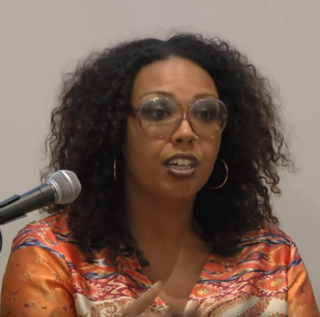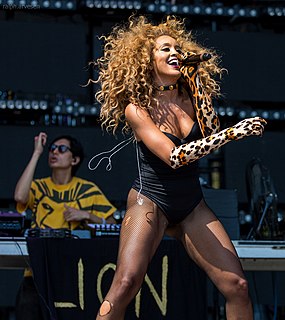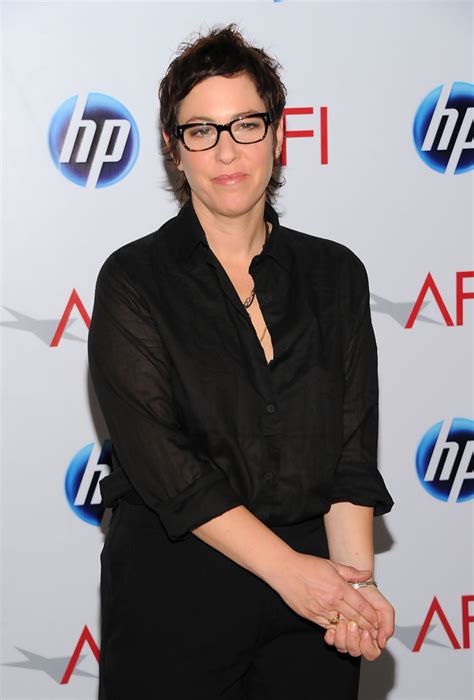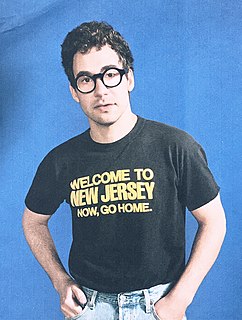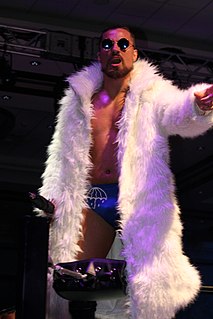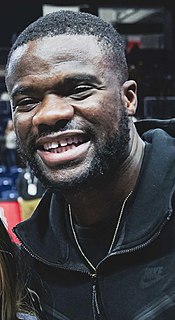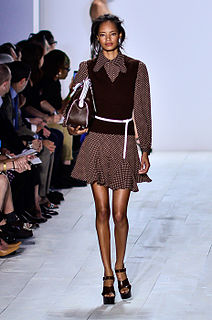A Quote by Trinny Woodall
It's very exciting to feel like a different woman with a new identity.
Related Quotes
I have this very kind of like heterodox idea of what an education is, what underpins identity. I don't think I'm very easily pigeon holed in any of those boxes, so I confront this. I have a staff full of young people who came up in a very different tradition and who feel very fired up about the big identity battles. I listen and I try to navigate them, but I don't find them mapping onto my life in a personal way which is, which is hard.
I've been exploring a lot of different avenues with a number of very different and very, very exciting filmmakers and writers. That's been the trip. I like to find something very, very different from the last thing I did, which might be similar to something I've done before, but as long as it's different from the last thing I did, it keeps me entertained.
I have a perhaps naive point of view informed by my own kind of snowflake-in-the-unique-sense rather than the political sense, personal story. I mean I feel like my experiences are so hard to map onto any kind of generalized identity. For example, I'm a black person, but I come from a very particular black experience which is not unlike the experience of the Barack Obama. I have an African mother and a white father and I feel like I have a different experience of being a black person as a result of that identity than someone who is from the descendants of slaves.
When I looked at 'Dear White People,' you have four African-American students who are all very different and who are trying to figure out who they are. They're dealing with identity issues and crises. That is exciting to me, to see African-American young people on a page, on a screen, who are so diverse and whose stories are all so different.
As a woman who doesn't necessarily fit the beauty standard in Hollywood... I really related to the narrative of looking for something you felt comfortable in that would properly express your identity, especially when your identity didn't feel like it necessarily matched the one that was being imposed on you.
For the camera, I like the feeling of changing into different characters. Even though I'm not acting, I still have to be someone different to show the product. If I'm not being someone different, I won't find it fun. I love the shows because it transforms you into a different person. Not Malaika - it makes me someone else. Naturally, I'm quiet and crazy. But when they give me an outfit, like a very elegant outfit, it transforms me into this beautiful woman - I can feel it inside me. I like that, playing different characters. I'm really interested in acting.
I wholeheartedly believe that we can't organize just as women. There has to be specific messaging and an issue prioritization based on identity groups. Because when you ask a black woman what her top priority issues are versus a white woman versus a Muslim woman versus an undocumented woman, you're going to get... different answers.
It was a very easy way to have a group of friends on a very large campus - a sense of identity. It was a great place to learn how to navigate a variety of personalities, which you kind of have to do in life. You've got the shy woman and you've got the obnoxious woman and you've got the brainiac and you've got the social climber and you've got the introvert and the extrovert, and you're all living together. I think it gave me valuable experience in learning how to live with people that are different than you are. And that's an important lesson. You can bet it comes in very handy in the Senate.

